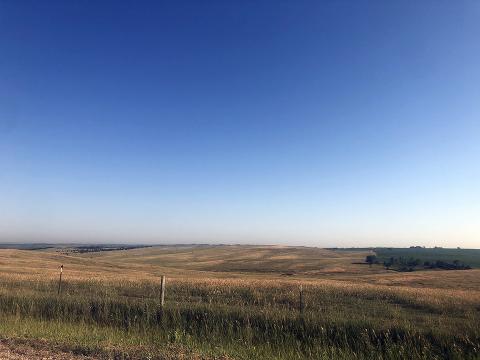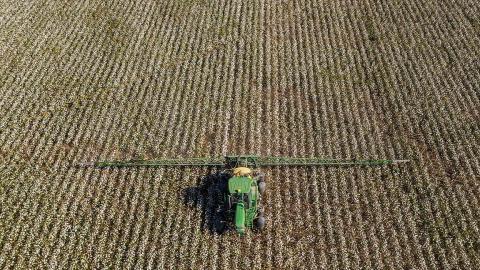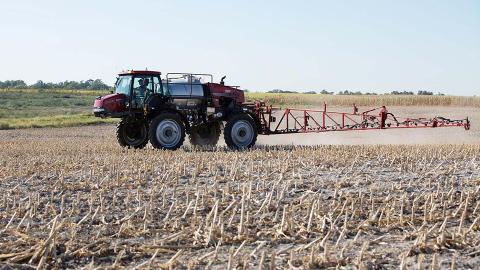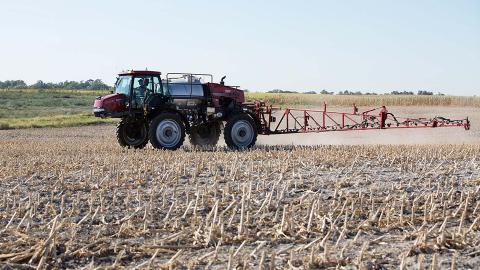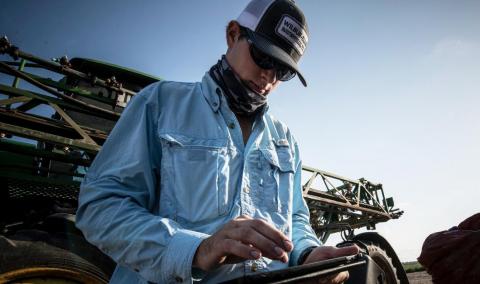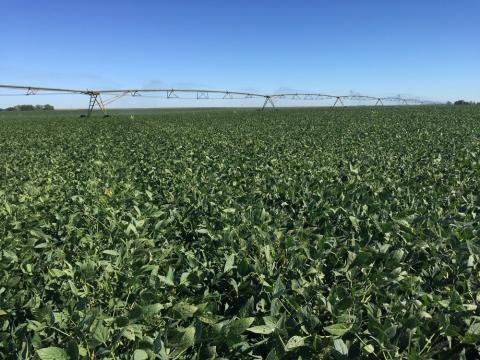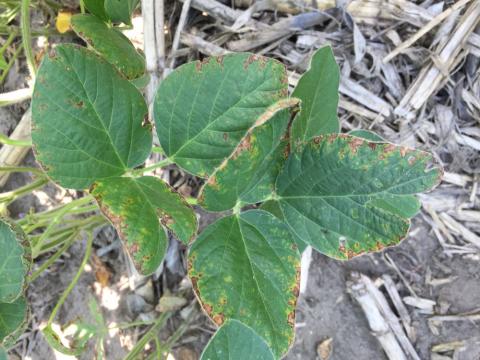Pasture and Forage Minute: RFV and RFQ Explained, Pasture Fertilization Costs
December 21, 2021
Nebraska Extension Educator Ben Beckman breaks down Relative Feed Value and Relative Forage Quality and how to use these values to estimate feed quality, and Todd Whitney discusses whether fertilizer investments are cost-effective right now.
A Perfect Storm in Fertilizer Markets
December 2, 2021
Ag industry professionals review the elements at the root of steep increases in phosphorus and nitrogen fertilizers prices this year.
Suggestions for Planning for Rising Fertilizer Prices and Bull Markets
November 30, 2021
Extension educators review how Nebraska farmers can make the best purchase decisions for 2022 as fertilizer and input prices continue to rise.
2022 Cost of Production Increases, Expected Profit and Navigating a Riskier Financial Environment
October 19, 2021
In this article, UNL professionals discuss the 2022 cropping year by examining increases in input prices, expected profit and risk management.
Rising Fuel and Input Prices: Adjusting Enterprise Budgets and Tracking Cost of Production
April 22, 2021
With input expenses on the rise, Extension Educator Glennis McClure analyzes the current cost of production and breakeven estimates for 2021.
Starter Fertilizer — When is it Needed?
April 3, 2024
As planting season begins, farmers often question if starter fertilizer is providing yield and economic benefits. This article reviews the two main reasons to use a starter and recommendations for a successful application.
Soybean Micronutrient Management in Southeast Nebraska: Chloride
November 11, 2020
In soybeans, chloride is needed for osmotic regulation in plant cells. Deficiency symptoms are not clearly described but may include chlorosis and wilting of leaves in soybeans. Toxicity symptoms include leaf tip scorching, premature yellowing or bronzing of leaves, and leaf loss.
Soybean Micronutrient Management in Southeast Nebraska: Boron
October 29, 2020
In soybeans, boron is needed for cell walls during cellular expansion and normal development of nitrogen-fixing root nodules. Overall, soybeans are rather insensitive to boron deficiency but very sensitive to toxicity, including scorching/necrosis on the leaf edges.
